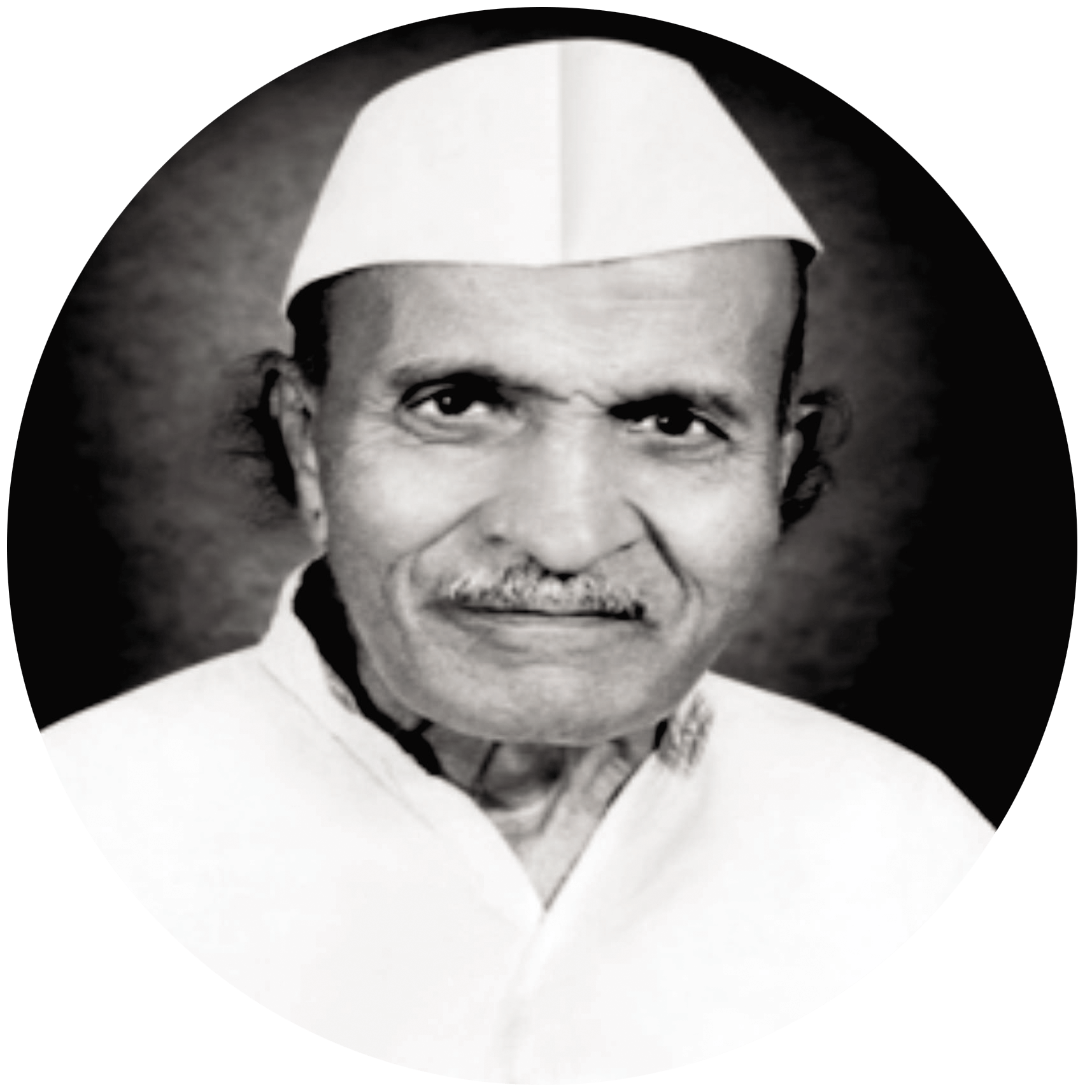Vision
To empower young generations for significant contribution in the field of computer engineering through excellence in knowledge, technical education and innovation to cater the industrial demands and societal needs.
Mission
- To achieve academic excellence by inculcating basic and latest knowledge in which new idea flourish.
- To undertake collaborative training which offer opportunities for long term interaction with academia and industry.
PROGRAM EDUCATIONAL OBJECTIVES (PEOS)
PEO 1Achieve strong fundamentals, domain knowledge through projects and industrial training and be updated with recent technology to provide the effective solutions for engineering problems and meet the industry standards.PEO 2Have effective communication, leadership, team building, problem solving, decision making skills and software as well as creative skills by understanding modern issues thereby contributing to their overall personality and career development.PEO 3Able to face the challenges in professional practices in consistency with the societal needs, environmental factors and adherence to professional ethics which will lead to lifelong learning.
PROGRAM OUTCOMES (POS)
Engineering Graduates will be able to:
PO1: Engineering Knowledge-
Apply the knowledge of mathematics, science, engineering fundamentals, and an engineering specialization to the solution of complex engineering problems.
PO2: Problem Analysis -
Identify, formulate, review research literature, and analyze complex engineering problems reaching substantiated conclusions using first principles of mathematics, natural sciences, and engineering sciences.
PO3: Design Development of solutions -
Design solutions for complex engineering problems and design system components or processes that meet the specified needs with appropriate consideration for the public health and safety, and cultural, societal, and environmental considerations.PO4: Conduct Investigations of Complex problems -
Use research-based knowledge and research methods including design of experiments, analysis and interpretation of data, and synthesis of the information to provide valid conclusions.PO5: Modern Tool Usage -
Create, select, and apply appropriate techniques, resources, and modern engineering and IT tools including prediction and modelling to complex engineering activities with an understanding of the limitations.PO6: The Engineer and Society -
Apply reasoning informed by the contextual knowledge to assess societal, health, safety, legal and cultural issues and the consequent responsibilities relevant to the professional, engineering practice.PO7: Environment and Sustainability -
Understand the impact of professional engineering solutions in societal and environmental contexts, and demonstrate the knowledge of, and need for sustainable development.PO8: Ethics -
Apply ethical principles and commit to professional ethics and responsibilities and norms of the engineering practice.PO9: Individual and Team Work -
Function effectively as an individual, and as a member or leader in diverse teams, and in multi-disciplinary settings.PO10: Communication -
Communicate effectively on complex engineering activities with the engineering community and with society at large, such as, being able to comprehend and write effective reports and design documentation, make effective presentations, and give and receive clear instructions.PO11: Project Management and Finance -
Demonstrate knowledge and understanding of the engineering and management principles and apply these to one's own work, as a member and leader in a team, to manage projects and in multi-disciplinary environments.PO12: Life-Long Learning -
Recognize the need for, and have the preparation and ability to engage in independent and life-long learning in the broadest context of technological change.PROGRAM SPECIFIC OUTCOMES (PSO'S):
PSO1Professional Skills-The ability to understand, analyze and develop computer programs in the areas related to algorithms, system software, multimedia, web design, big data analytics, and networking for efficient design of computer-based systems of varying.PSO2Problem-Solving Skills- The ability to apply standard practices and strategies in software project development using open-ended programming environments to deliver a quality product for business success.PSO3Successful Career and Entrepreneurship - The ability to employ modern computer languages, environments, and platforms in creating innovative career paths to be an entrepreneur, and a zest for higher studies.
PROFILE
- Department of Computer Engineering was started in 2004 with the intake of 150 (60 in 2004+60 in 2019 and 30 in 2022) . Department has excellent infrastructure and human resources the course.
- The department has well qualified and experienced staff. We have excellent record of results and placements. Department is enriched with well-equipped AND with latest software and hardware . The available licensed software are Rational Rose, Visual Studio 6.0, Oracle 10g, Linux, Novell Netware, Windows 2003 server, Windows 7, Quick heal Antivirus, Microsoft Office 2007 etc. Department has 245 computers with latest configuration and 20 peripherals to fulfil the students requirements. 70 mbps Internet Connectivity laid across the campus with Wi-Fi. Students are trained in Computer Programming for engineering applications to meet the IT Industry challenges.
- Last Year Few Project Groups form Department has Won Multiple State & National Level Project Competition like Smart India Hackthon 2017, CSI Project Competition, IEI, SPPU State Level Avishkar Project Competition as well as Register Copyright & Patent.
- The department has following laboratories:
- Software laboratory
Network laboratory
Computer Graphics Laboratory
Computer Science Laboratory
Project Laboratory
Advance Programming laboratory.
Hardware Laboratory
Computer Centre Laboratory-
Computer Design Lab.
PROGRAM
UG Programme: Bachelor of Computer EngineeringSanctioned Intake: 150Duration: 4 Years
Course Code: 517324510
VISION
To empower young generations for significant contribution in the field of computer engineering through excellence in knowledge, technical education and innovation to cater the industrial demands and societal needs.
MISSION
- To achieve academic excellence by inculcating basic and latest knowledge in which new idea flourish.
- To undertake collaborative training which offer opportunities for long term interaction with academia and industry.
PROGRAM OUTCOMES (POS)
PO1: An ability to independently carry out research /investigation and development work to solve practical problems.
PO2: An ability to write and present a substantial technical report/document.
PO3: Students should be able to demonstrate a degree of mastery over the area as per the specialization of the program.
PO2: An ability to write and present a substantial technical report/document.
PO3: Students should be able to demonstrate a degree of mastery over the area as per the specialization of the program.
PROGRAM
PG Programme: M.Tech. Computer EngineeringSanctioned Intake: 18Duration: 2 Years
Course Code: 517324510

